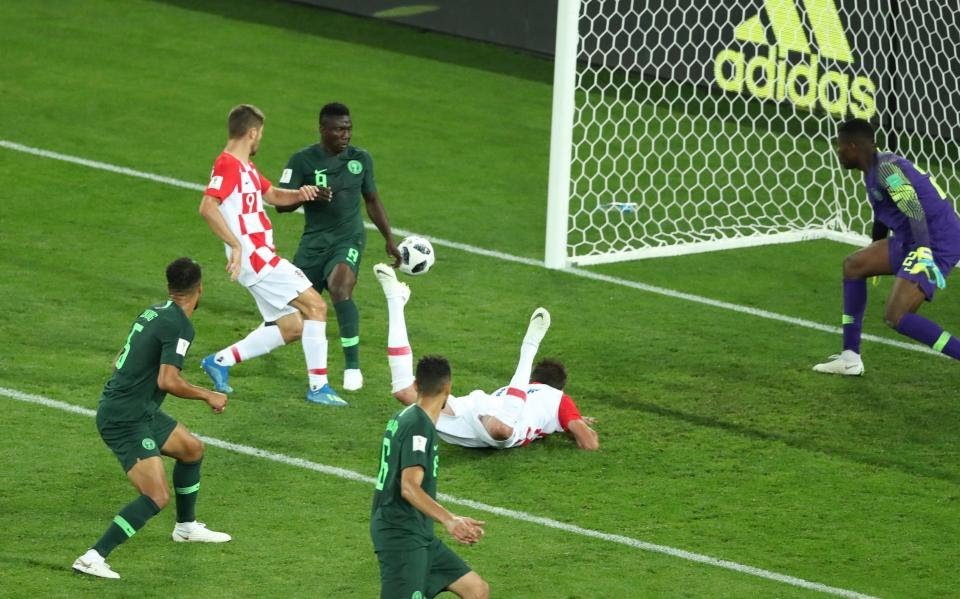One of the central themes from the early stages of the World Cup in Russia is the number of penalties being awarded, many following the intervention of video assistant referees (VARs).
Gylfi Sigurdsson’s missed penalty in Iceland’s 2-0 loss to Nigeria on Friday was the 12th of the tournament in the first 26 matches, of which nine were scored. Belgium won the 13th one in the match against Tunisia on Saturday.
In Brazil four years ago, there were only 13 penalties in the entire tournament. The World Cup record, set in 2002, stands at 18.
The role of VAR goes a long way to explaining this trend, with six penalties so far being awarded following a video review.
A penalty was also disallowed in Brazil’s win over Costa Rica on Friday after VAR deemed there not to have been a foul on Neymar.
FIFA’s director of refereeing, Massimo Busacca, said before the tournament that VAR would not be perfect at the tournament and so it has proved.
Both Brazil and England felt that VAR should have been used to review penalty decisions in their opening fixtures.
Also Australia coach Bert van Marwijk was left furious with the role the system played in his team’s loss to France.
“I hoped that maybe one time there will be a referee (who is) very honest,” the Dutchman, never a fan of the technology in principle, told reporters after that match.
“The body language was that he didn’t know from my position. And then you have to take a decision.”
However, FIFA remain convinced that VAR has been a success.
“Generally, it should be noted that FIFA is extremely satisfied with the level of refereeing to date and the successful implementation of the VAR system,” said FIFA Media Relations Manager Giovanni Marti.
One of the main areas for confusion appears to be what VAR reviews can be used for.
The system only comes into play for goals, penalties, red cards and mistaken identity. It cannot be used for free kicks, which has left some players frustrated.
Denmark have conceded penalties in both of their Group C games, the latest being against Australia when Yussuf Poulsen was adjudged to have handballed in the penalty area after VAR alerted the match referee.
However, Denmark believe there was a foul on Poulsen in the build-up to the incident that should have also been considered.
“After today I don’t like the system,” said Danish midfielder Christian Eriksen.
“Two matches in a row against us. We thought about it afterwards and there was a foul against Poulsen before. We should have had the free kick before that.
“If you want to use for pens, you should also use for free kicks.”
The debate over VAR looks set to continue, as does the rise in the number of penalties.
If the current rate of 0.46 penalties a game continues, then the World Cup is on course for a total of 29 spot kicks being awarded by the tournament’s end. (Reuters/NAN)

